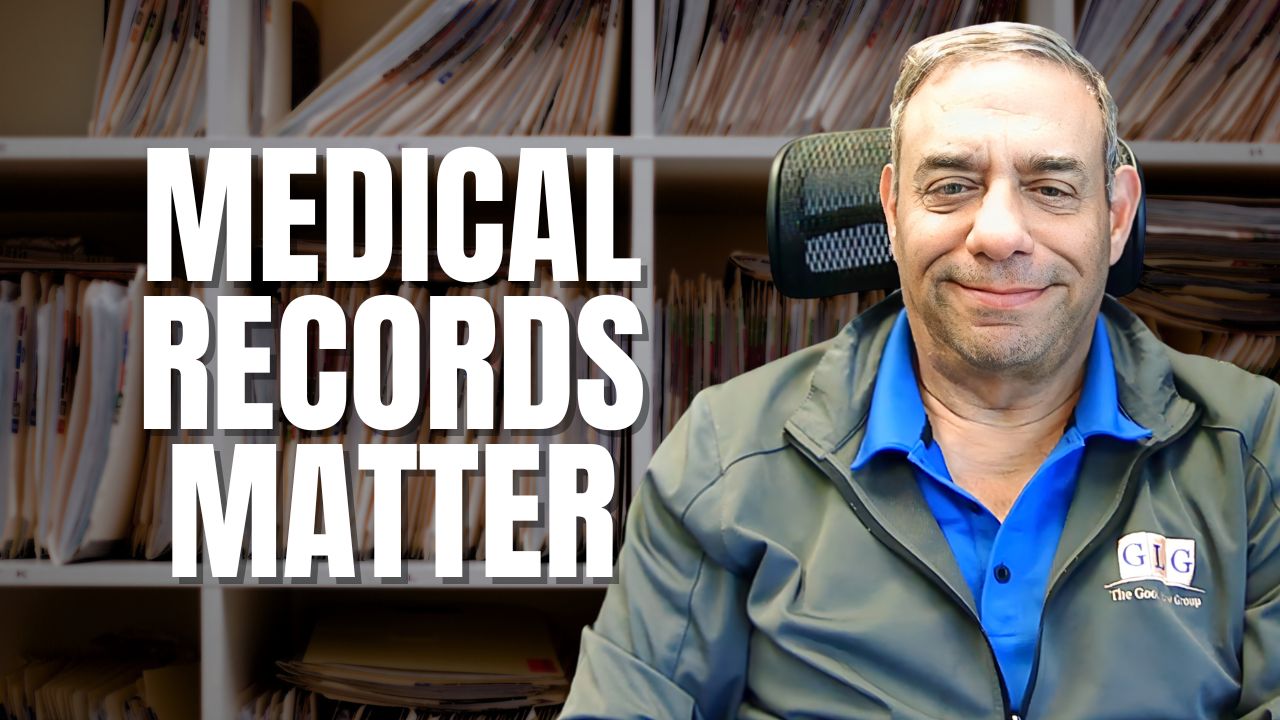While I love the photo of my favorite SNL cast member the great Kate McKinnon on top of Ben Shapiro’s article: BREAKING: Social Security, Medicare To Go Bust Sooner Than Expected, I feel that his article is fear mongering click-bait. Ironically, Shapiro’s article was published on June 5, 2018, the same day the Trustees of the Social Security and Medicare trust funds issued their annual report on the current and projected financial status of the two programs and the SSA’s ability to pay SSDI benefits.
Although Shapiro does not mention the source of his data, it seems that the source of his click-bait is likely the Social Security Administration’s (SSA) Trustee’s Report which was published the same day as his article.
The Good News about the SSDI Program
For starters, the Trustees Report predicts that the Social Security Disability Insurance (SSDI) program will have the capacity to pay out all benefits until 2032. This is four years longer than was estimated in 2017 and ten years more than anticipated after Congress signed off on the Bipartisan Budget Act of 2015.
While Shapiro screams doom and gloom from his ivory tower built on a solid bedrock of advertising money funded by his click-bait headlines, in reality, the Trustee’s Report is good news! In 2015 the Bipartisan Budget Act temporarily reallocated money between the SSDI and the Old Age and Survivors (OASI) trust reserves. According to the report, there has been a decrease in applications for SSDI benefits which will result in lower than expected spending and longer solvency of the trust fund.
The Trustees Report forecasts that the OASDI Trust Funds have sufficient reserves to pay full benefits until 2034, which is the same solvency date predicted in the 2016 and 2017 reports. According to Barbara Silverstone, Executive Director of the National Organization of Social Security Claims Representatives (NOSSCR): “The program is delivering on its promise to the American people and provides needed income to those no longer able to support themselves through work.” Being funded until 2034 is by no means a solution, but American business magnate, investor, and philanthropist Warren Buffet have proposed some real solutions to the problem that we agree with.
How the SSDI Program Works
Before we talk about fixing Social Security, you should first understand how it is funded. THE SSA taxes workers to pay for Social Security benefits that are distrusted to the elderly and disabled. The taxes paid by an individual is based on his/her earnings up to a certain amount. In 2018, that amount is $128,400. Therefore, any earnings over $128,400 are not subject to the payroll tax which funds Social Security. One of the major problems is most of the wealthiest people are only paying tax that contributes to the Social Security on a tiny fraction of one percent of their income.
For example, if an individual makes $10,000,000 in 2018, they are only taxed 6.2% on the first $128,400 they earn. The remaining $9,871,600 of their income is not taxed to fund Social Security. This translates to the hypothetical taxpayer paying $7,960.80 towards Social Security, which on $10,000,000 of income is 0.00079608% of their income.
The Warren Buffett Solution
With 2034 right around the corner, Shapiro has a lot to complain about but fails to suggest a solution to the doom and gloom he foresees on the horizon. In contrast, Buffett believes we should be increasing or altogether removing the Social Security maximum taxable earnings. In 2006 Buffett said: “We’re worried about a problem in 25 years, that’s a fraction of our current $500 billion trade deficit. We’re spending 4.5% of our GDP on Social Security now; if we have to increase it to 6% in 50 years, this is not a worry.”
At The Good Law Group, we side with Warren Buffett and not Ben Shapiro. Looking back at Buffett’s statements over the years regarding Social Security one thing is abundantly clear, Shapiro’s pessimism is designed to generate advertising revenue through click-bait headlines and nothing more.
Having a hard time cutting through the web of paperwork and myths regarding SSD benefits? Consider hiring an experienced SSD Attorney for your representation. Contact us at #(847) 577-4476 or complete our online form for a complimentary case evaluation.









